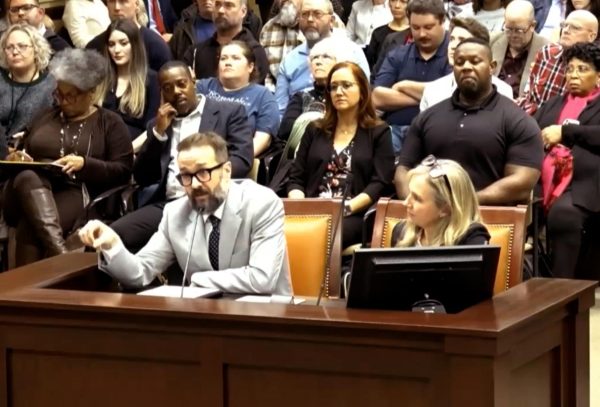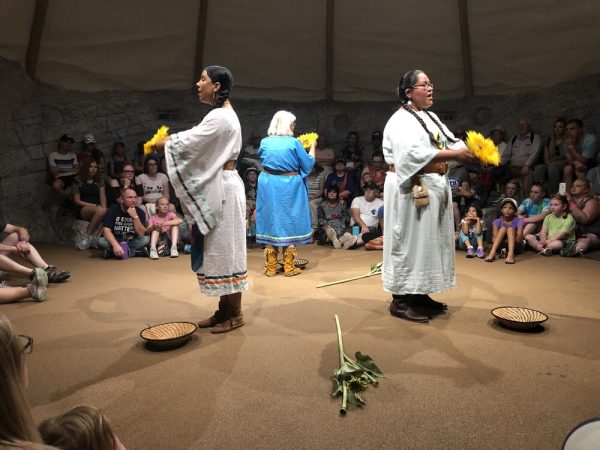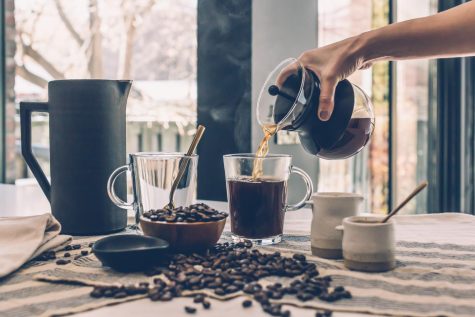Bees are important!
More stories from Zaina Abujebarah
Since the late ‘90s, scientists have noticed a decline in honey bee colonies. This decline is linked to many of the facts we hear and read about when discussing the general health of our planet, like industrial agriculture, parasites and pathogens, as well as climate change.
Saving the honey bees is important in so many different ways, but the main reason we need to be more aware of this issue is because it affects our food. Most of the non-grain foods we consume rely on pollination by honey bees, and there are 90 different plant foods that rely exclusively on the honey bees.
Without them, our diets would change drastically. Most of the plants we eat would no longer grow and we’d be struggling to get the nutrients we need.
We can avoid the demise of these creatures by planting bee friendly flowers in their favorite colors: yellow, blue and purple. You can plant anything from daisies to poppies, as long as they’re single flowers. Single flowers release more pollen, and provide more nectar than double flowers do.
We can help our flowers grow nicer and keep our bees healthy by not using any pesticides. All pesticides, including organic pesticides, are toxic to bees and cause more harm than you think. Do not use them on open blossoms, because it will contaminate the pollen as well as the nectar and the bees will be poisoned when they’re just trying to do their job!
Your plantings should be very diverse. Use different flowers, shrubs and herbs with various heights, shapes and sizes. The bees will have plenty of options, and more plants to pollinate.
It’s not just the honey bees that need saving, it’s pretty much all bee species. Bumblebees, carpenter bees, mason bees, as well as leafcutter bees are at risk every day. Another way we can help them live healthily is to disown the idea of industrial farming. Ecological farming focuses more on farming with nature, and going with the natural cycle of animals and plants alike.
Organic farming is the most popular ecological farming type. Leaving behind the pesticides and creating a healthy environment for the bees (and produce) to thrive is the best bet for all of us. There are no genetic modifications made to the produce, which means there’s less trauma to the bees, and it’s better for us humans, too.
Keeping the bees alive in well is paramount, because without them, the world will be a completely different place. Our diets, way of life, and environment in general will be compromised if we don’t keep our pollinating friends from their demise.











